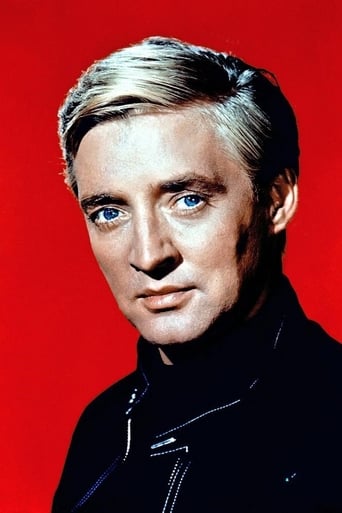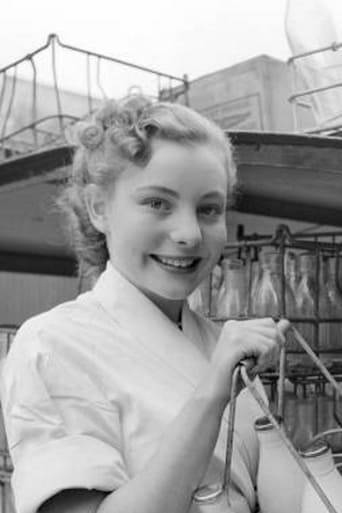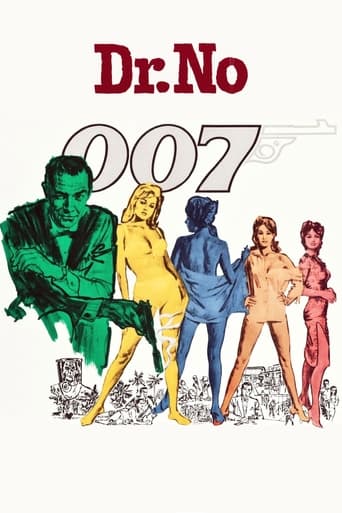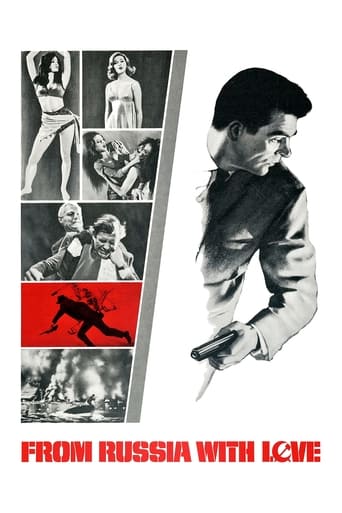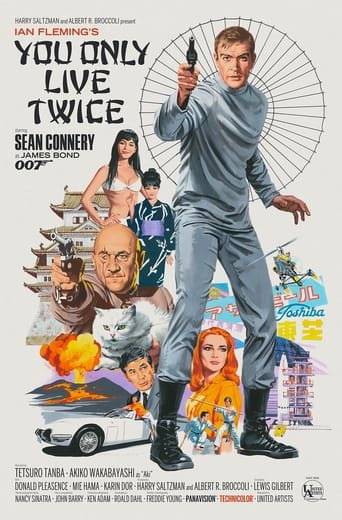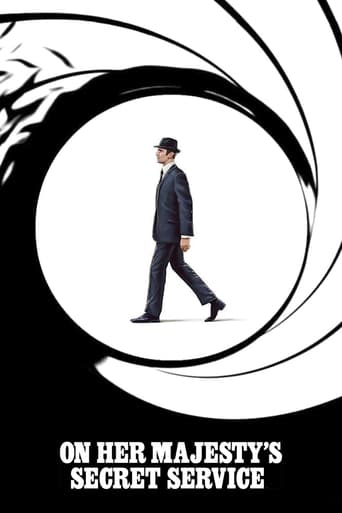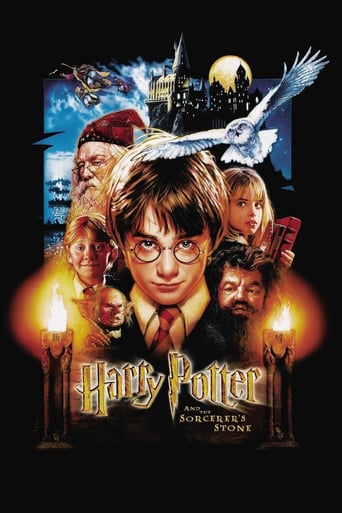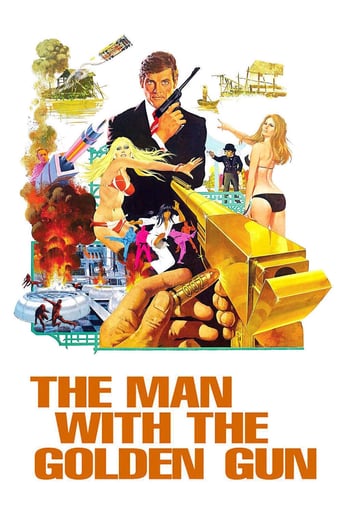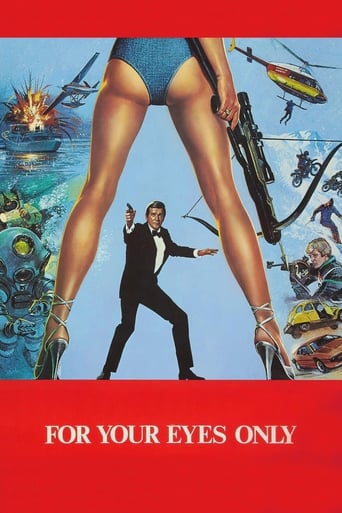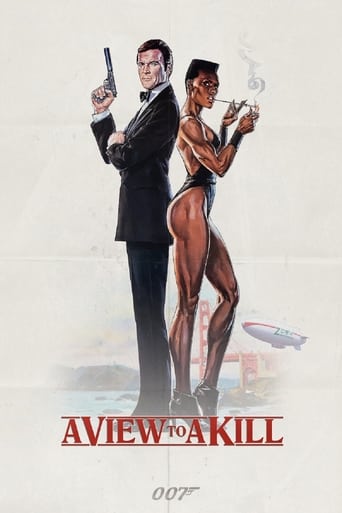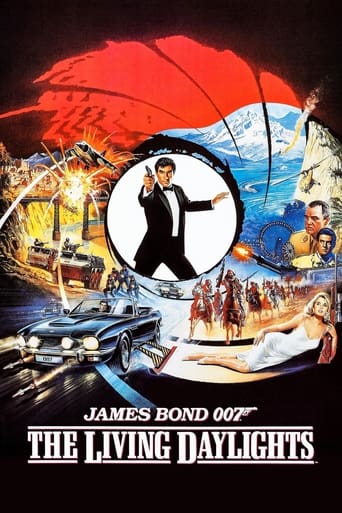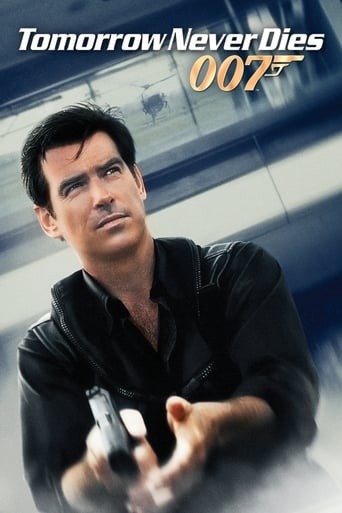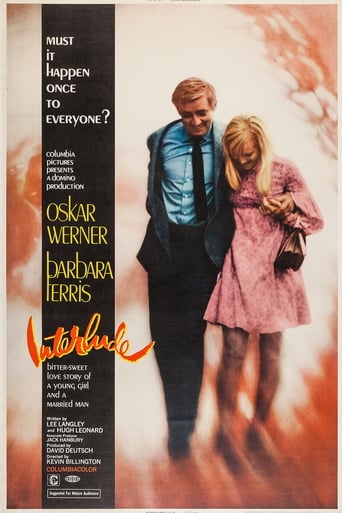
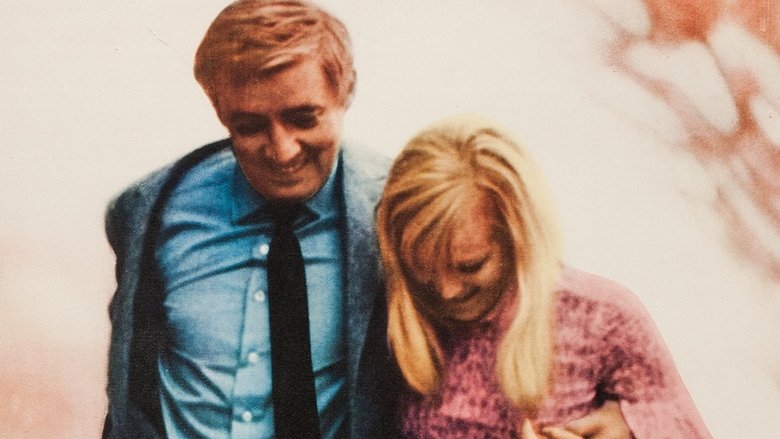
Interlude (1968)
A young female journalist in London falls in love with a married orchestra conductor.
Watch Trailer
Cast


Similar titles
Reviews
"... and they lived happily ever after." Those kinds of love stories are usually found only in storybooks, while many more memorable ones are of the tear-jerker variety. What makes this one stand out is the subtlety, sensitivity, and absence of high drama, yet every bit of the movie tucks at your heart-strings."Interlude", what an apt title. The beginning sequence of two drivers, their knowing glances, the haunting lyrics sung by Timi Yuro, presented a perfect lead-in to a nostalgic flashback of an extra-marital liaison for the protagonists, (or at least for one of them). In hindsight, it might have been inconsequential - the marriage was not destroyed. In fact, both of them are now apparently leading reasonably happy married lives. Yet there is a very tangible sense of loss, (of love, of innocence), a wistfulness. Does one ever completely recover from affairs of the heart that had gone awry? There is this unforgettable exchange at the end of the movie: (Stefan)"...you know there are, still quite often in the mornings, when I, wake up and expect to see you...", (Sally, looking up, tears gleaming in her eyes)"I have the lamp in my house now..."Oskar Werner was the perfect embodiment of a suave, sensitive, egotistical, successful, but lonely, conductor. His understated portrayal should not be mistaken for what some might label a "woody" performance. On the contrary, he oozed class, sophistication, and a certain cynical worldliness, which belied his basic decency and loneliness. Yes, he had fame and wealth, a beautiful and dutiful wife, and family, but he was not happy. He felt trapped and burdened, emotionally wanting, which was why a fresh, young pretty face became a welcome distraction in the first place. Besides, even as a man, his almost "boyish" charm came across loud and clear, and one can easily see how a naive young girl falling for him. The entire "interlude" was very credible, even natural. Remember, it was not at all a love at first sight, and one gets to savour the unfolding of the romance.I thought Barbara Ferris was quite wonderful in this movie, (and I can understand why one of the reviewers wrote that he had a crush on her). I appreciate the contrast between the more matured, polished, Sally and her youthful, carefree, and vulnerable characterization when she first met Stefan. The initial "courtship" scene was delectable, mousy Sally fluttering around the apartment, then clumsily serving tea; and finally the ingénue succumbed to the charms of the older and more sophisticated Stefan. The image of her in that puffed-sleeve dress is infinitely more attractive than any of those outlandishly "alluring" wardrobes of today, (or any day). Wondered why she wasn't in more movies. I think it is not quite fair that many reviewers said hers was a weak performance. I thought her portrayal of the awkwardness, and naïveté (as long as she had not seen Stefan's wife, she could "deceive" herself into believing that she was not real, and assuage her own guilt) was spot-on, providing a contrast to Oskar Werner's character. Someone even suggested that Julie Christie might have been a better choice, but to me, Julie Christie would possibly come off too sophisticated in the role.Virginia Maskell played the role of the dutiful and well-bred wife so well with relatively little screen time.This was one of the few movies that made me go back for a second viewing in the cinema when it came out. I have always wanted to revisit it all these years, having missed it once on late night TV. It was only yesterday that I found it by chance on YouTube, and it was still as fresh and affecting as I remembered it. The music score and Timi Yuro's title song were a perfect complement to the motion picture. This time around, I even picked up on the quotation from John Donne, and the Adagio from Tomaso Albinoni (which I have grown very fond of, but hadn't realized was included in this movie).P.S. I just found out a remastered copy is now available on Amazon!P.P.S. This was on ThisTV the beginning of 2014.P.P.P.S. I think there is a general release DVD from Columbia Pictures now, saw a copy of the DVD in a local public library collection in 2017.
I recently watched this movie and then read the comments on IMDb.com which are without exception very enthusiastic. Did I miss something? Am I a dork without any real feeling left in me? Others will be the judges of that. Anyway, I felt this movie tells a very commonplace story of mediocre minds for which I found it hard to have much compassion. The conductor is basically an egomaniac, a man of whom all around him think as a genius (by the way: aren't all orchestra conductors fascists at heart??). Not a very pleasant or entertaining fellow to be with, really. The blond damsel is a cute groupie, overwhelmed by the adulation the genius basks in - and the splendid Rolls he commands through the streets of London and the English countryside. The "love" they experience is without motive, without past and certainly without future – yes, one may argue, that this is the essence of love, but it makes rather boring viewing if you can't identify with the characters. The affair is concealed from the conductor's wife, which I can only see as a strategic move beyond immediately felt surges of emotions. It may be argued, that nobody wants to hurt anybody, but the act of betrayal lingers on and for me spoils the moments of intimacy between the lovers which are played out as an animated fashion magazine.Not too long ago I also watched the "Interlude" directed by Douglas Sirk and released in 1957. I found it far more convincing and a truly moving melodrama, although the storyline is almost identical. It is a movie that works much better for me on the emotional level. The reason for that is, I believe, that the need for love can be felt more strongly. And there is an element that should always be present in a true love story: Surprise (at the world, the turn of events - and at oneself).
The work of Oskar Werner and Barbara Ferris not to mention Donald Southerland is wonderful in this film. But by far the best performance is Oskar Werner as the conductor Stefan Zelter who is totally absorbed by his music while having an affair with Sally (Barbara Ferris)and still being in love with his wife and a good family man. The conflict that he experiences trying to be true to all the things in his life that are important to him comes across beautifully with much sensitivity. The cinematography is wonderfully done with wonderful shots of The Royal Albert Hall. It would be a crime to let this beautifully made film be forgotten. It should be restored and placed on DVD so that everyone can enjoy this beautifully artistic film
I have watched this film with the wonderful Oskar Werner at least fifteen times and shown it to many friends and relatives. I saved two VHS copies made from Cinemax and a local TV station when shown in the 1970's However, I recently purchased on Ebay a nonprofessional copy transferred to a DVD and the quality is better than my old videos. I also purchased recently an original French movie poster of this film which is far superior to the American poster. As for the film, there are so many favorite and memorable lines, e.g., when Oskar first calls the reporter to set up a meeting with her, his manager asks "Is she pretty?" and Oskar responds: "She is young." The dinner scene with the wife and girl friend is tense and so revealing, as many others have written, when Virginia asks Barbara if she loves music. And the final scene soon after the dinner in which Barbara breaks up with Oskar is devastating, especially if you have ever experienced a breakup with someone you still love and who loves you. And finally, the mystery ending that leaaves the viewer with an unanswered question--did Oskar reconcile with his wife or was he divorced? The only clue might be that he says music is his life. A great film, too long overlooked...perhaps we should all write to Columbia to request that it be released on a DVD.


